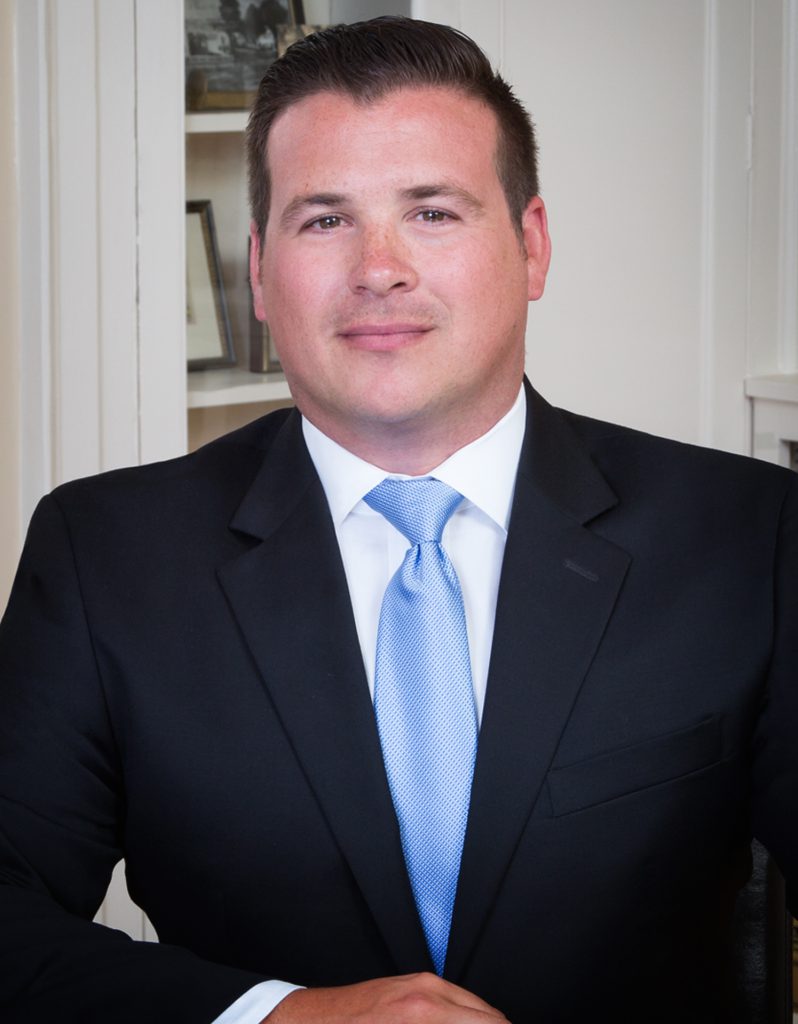
Protection of family assets and providing for loved ones is a lifelong concern and goal of many individuals. While many people plan for the future by setting up retirement accounts, growing their savings, and purchasing life insurance, many people forget the crucial role a Will plays in this planning process. A Will is an important planning tool that can provide for the protection of your assets, especially in light of Medicaid qualification rules, ensuring that the people most important to you are protected and provided for.
The Medicaid Protection Will
The problem many married couples run into is that they either don’t have a Will or their Wills were done many years ago before Medicaid had ever crossed their mind. These older Wills, sometimes referred to as “I Love You Wills,” pass everything to the surviving spouse. While this is nice in theory, there is a large practical problem with having a Will structured in such a way.
Meet Tom and Mary. They have worked hard their entire lives, raised a family, planned for the future and have always provided for each other. Unfortunately, Tom passes away and all the assets in Tom’s name now pass to Mary, either by way of his “I Love You Will” or joint ownership. Years later, Mary needs to receive long term medical care. Long term care in Connecticut costs on average $13,000 a month. Mary applies for Medicaid to pay for her care. However, in order to qualify for Medicaid, Mary must spend down her assets to $1,600! What this means is that all the money that Mary had saved and the property that Tom left her after he passed would essentially have to be entirely spent on her medical care before she will qualify for Medicaid. This is a situation that neither Tom nor Mary had planned or prepared for, and is an unfortunate situation which happens all too often. However, this predicament can be easily avoided with some minimal planning and a Medicaid Protection Will.
Tenants in Common
The solution is simple. First, all assets should be divided equally between spouses. This means assets such as bank accounts and real property need to be retitled in each spouse’s individual name or from Joint Tenants with Rights of Survivorship to Tenants in Common. This way each spouse owns half. Then instead of the Will passing everything to each other outright, all the assets will pass to a Medicaid Asset Protection Trust under your Will for the sole benefit of your spouse. Life insurance and retirement accounts will need to have the beneficiary designations re-designated naming the Medicaid Protection Trust as the beneficiary to ensure that these assets are also protected. The technical trust provisions will protect all the assets held within the trust form Medicaid spend down requirements and allow the assets to be continually available to the surviving spouse.
If Tom and Mary had used a Medicaid Protection Will, when Tom died all his assets would have passed into the Medicaid Protection Trust for Mary’s benefit. When Mary required care and needed to qualify for Medicaid she would have only had to spend down the assets in her name and all of Tom’s assets would have been protected within the trust and still available for Mary’s benefit. If Mary wanted new clothes, a new TV, or spending money to go visit her family, the trust assets would have been available to her and would not disqualify her from Medicaid or have to be spent down! Tom and Mary would have protected their assets, ensuring Mary’s standard of living after Tom was gone and she needed to qualify for Medicaid.
Planning early is essential to ensure that you have the proper protections in place. You should consult with a qualified Estate Planning and Elder Law attorney that specializes in this area, as Medicaid planning is highly technical and slight missteps can have unintended consequences and possibly subvert your planning goals.
About Attorney Josh Weinshank

Attorney Josh Weinshank is the leader of Cramer & Anderson’s Fairfield County Trust and Estate Planning and Administration Group. His primary practice areas are Estate Planning, Probate and Trust Administration, and Elder Law.
Though he’s the youngest member of Cramer & Anderson’s highly experienced Trust and Estate Planning team, Attorney Weinshank was chosen to guide the firm’s strategic growth in Fairfield County, in part by launching the firm’s sixth office, where he is the Resident Partner.
This spring he won a prestigious 40 Under 40 award from the Fairfield County Business Journal, honoring a “dynamic industry leader who is part of the county’s business growth.” In 2018, Attorney Weinshank was named a Super Lawyers Rising Star, and in 2017, the Connecticut Law Tribune him a New Leader in the Law.
Attorney Weinshank, who lives in Ridgefield with his wife, Steffani, and two young daughters, engages in community involvement locally and regionally with a focus on providing key leadership to entities with a mission of helping others and improving communities.
About Cramer & Anderson
Based in western Connecticut, Cramer & Anderson has a hometown sensibility, a strong regional presence, and a worldly outlook in Practice Areas extending from Personal Injury to Real Estate, Estate Planning, Divorce & Family Law, and much more. In addition to a flagship office on the Green in New Milford, the firm has offices in Danbury, Litchfield, Kent, Washington Depot, and Ridgefield, serving Fairfield County. For more information, see the website at www.crameranderson.com or call the New Milford office at (860) 355-2631.

